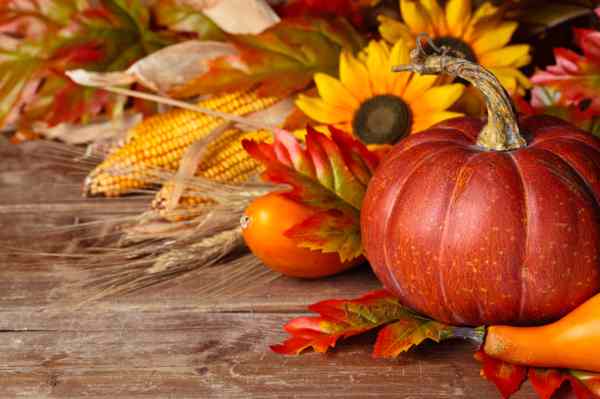Learning how to ask for feedback is a skill that improves with practice. I’ve gotten better at it by asking more frequently and by asking different kinds of questions. By making feedback a regular event, I began to minimize the charge that feedback, whether positive or negative, had often carried.
Asking for feedback allows me to confront fears about what others think head on and get it over with; this frees more energy for the actual work. Knowing how others react to what I am writing has helped me improve the writing and provided validation, especially when I am working on my edge. Feedback has been a source of inspiration and encouragement.
When to ask?
This is can be bit tricky. When I am learning something new I ask for feedback early and frequently until I feel confident I am on track. Once I am working in a familiar area, I don’t ask too early in the creative process, unless I need to clarify direction. I want to get enough done that I have a strong feeling about where it’s going and what I’ve done so far before I ask.
If I am asking for feedback on my writing this may mean waiting till I’ve finished a complete first or second draft. Sometimes it means asking for one kind of feedback early on and another kind later.
What to ask?
Different writers have different answers, because in each case what you ask will depend on who you are asking, your relationship, and the type of feedback you seek. Using the example of a piece of writing, here are some feedback request ideas for different kinds of readers.
Readers who are writers
- Ask about the element of the writing that you’ve been working to improve
- Ask about the element of the writing you think is good
- Ask what they respond to
- Ask where they think more work could improve the piece
Readers who are fans of the type of writing you’re asking about
- Ask what they responded to
- Ask if they think others will respond to it too, and if so who
- Ask if it seems to offer something new, and if so what
- Ask them for their favourite part and why
- Ask them for their least favourite part and why
Readers who are expert in a field discussed in your writing
- Ask them if the details are consistent with what they know
- Ask them for sources of additional information
- Ask them if they could suggest anything to deepen credibility
Readers who are potential clients
- Ask them what they appreciated
- Ask them if this type of writing fits their needs, and if it doesn’t what seems to be out of sync
- Ask them if anything in the writing suggested something to watch for on this job
- Ask them what tone and voice they want to see in the work you do for them
Don’t forget
- Always ask if there is anything else they’d like to tell you. This open-ended question can yield valuable information that just didn’t come up through a specific question.
- Ask if you can approach them for feedback again (if you found their feedback helpful and constructive) .
- Thank them for their feedback and their time, regardless of whether or not you will ask them for feedback again.
Join the discussion: What type of feedback is most helpful to you? Any tips on asking for feedback? Share a story about a time when feedback inspired you.





